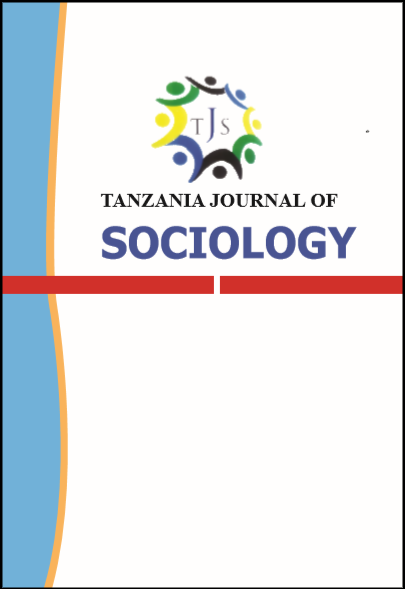Main Article Content
Adoption of Renewable Energy Innovations in Rural Tanzania: An Innovation Systems Approach
Abstract
Renewable energy innovations have in recent years attracted attention due to their potential as
alternative sources of energy in rural areas. The current debate in sub-Saharan Africa not only
focuses on the possibilities and limitations of renewable energy innovations to reach the poor,
but it also centres on the contribution of these innovations in achieving sustainable
development goals. In the current paper, I examine the role of intermediary organisations in
the transfer and adoption of renewable energy innovations in rural areas. I employ an
exploratory case-study approach to collect data from 15 intermediary organisations in
Tanzania. Using an innovation systems approach, I argue that intermediary organisations may
often be in a position to coordinate activities and create an enabling environment for transfer
and adoption of renewable energy innovations. A more active involvement of intermediary
organisations could transcend social and cultural barriers as well as transform attitudes of
other actors towards renewable energy innovations. However, the extent to which renewable
energy innovations can successfully be adopted in rural areas, and thereby contribute to rural
development, would largely depend on whether all actors are also fully involved in the
innovation process. While attempts to integrate an innovation systems approach into research
and development in sub-Saharan Africa have consistently focused on agricultural innovations,
renewable energy innovations remain under-researched.







